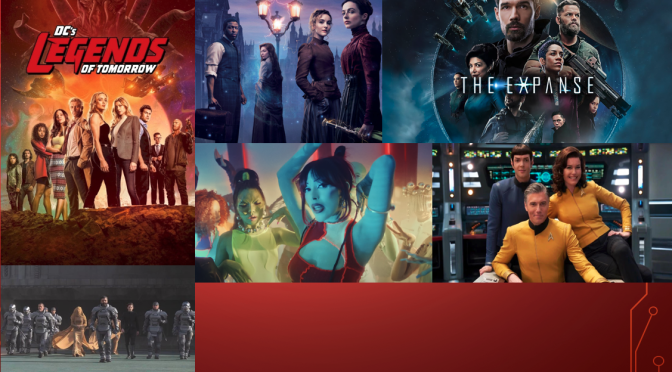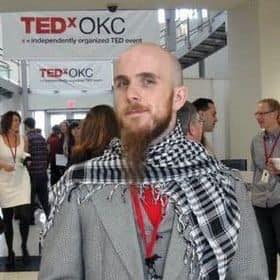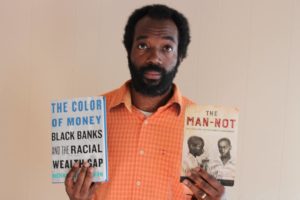
What happens to the child?
Who does the child represent?
What are the limits and opportunities the allegory offers us?
Where did they go, the ones who left Omelas?
After a half-century, what is life in Omelas like for those who stay? And for those who left?
What does it mean to walk away? What should it mean? How has walking away been read and misread, and how could we re-imagine it?
Does anyone go back and save the child?
Why is the alternative to Omelas possibly harder to imagine than Omelas itself?
Invitation for new short works of creative anarchist fiction: It has been fifty years since Ursula K. Le Guin took us to Omelas with her 1973 short story about the ambiguous utopia and the child who suffers greatly for the pleasures of the many. In the decades since publishing “The Ones Who Walk Away From Omelas” the essay has inspired countless discussions, classroom lessons, arguments, and Le Guin’s own work to expand the Hainish Cycle series of novels and short stories. We invite anarchist themed creative fiction and short essays that carry our imaginations through the many different questions and worlds that Omelas provokes and inspires, whether or not the work references Omelas and Le Guin directly or indirectly. We especially encourage submissions that lead to intersectional anarchist approaches and work by writers who make the insights and experiences of underrepresented identities accessible to a broad audience.
Pull at any thread, re-think canonical readings of the story, ditch the usual interpretations, offer a new path through the literary forest Le Guin planted, and tell a story that opens new ways of reflecting on Omelas. Of special interest are works of creative fantasy and science fiction that expand on and critique Le Guin’s original story, and reflective essays that spark a greater understanding of the questions Omelas raises. We also encourage work that gives readers a perspective on fictional and real-world examples of those who meet Le Guin’s challenge to “walk away” using creative strategies others might also adopt. Stories and essays that speak from and to the lives and experiences of systematically marginalized communities are strongly encouraged. Co-authored submissions welcome.
Review and Circulation: Reviewers will select a final group of ~12 submissions to be be highlighted on The Anarres Project website, one per month throughout 2023. Authors of selected entries will be asked to provide an audio reading of their entry. Our intent is to publish submissions on the website in both print and audio format under the CC BY-NC-ND 4.0 Creative Commons license. If you are concerned about the Creative Commons license and/or if you have any questions about the Ansible Forum please contact: Christian Matheis at matheiscg@guilford.edu
Submission Guidelines:
- Written Length: approximately 3,000 words
- Style: MLA preferred
- Cover Page: at the beginning of your entry please include a cover page with the title of the entry and the following information for each author: author name(s), email address(es), bio(s) of 200 words or less, for each author
- All submissions due by Friday, January 27, 2023
- Upload your submission here:
Note: the submission form requires a Google/Gmail login. If you do not have a Google account please email your entry to Christian Matheis at matheiscg@guilford.edu





 Chicanx/Latinx voices do exist, but sometimes one must search hard to find them–and so once we do, we must talk about them with our students, family members, friends, and even strangers.
Chicanx/Latinx voices do exist, but sometimes one must search hard to find them–and so once we do, we must talk about them with our students, family members, friends, and even strangers.









